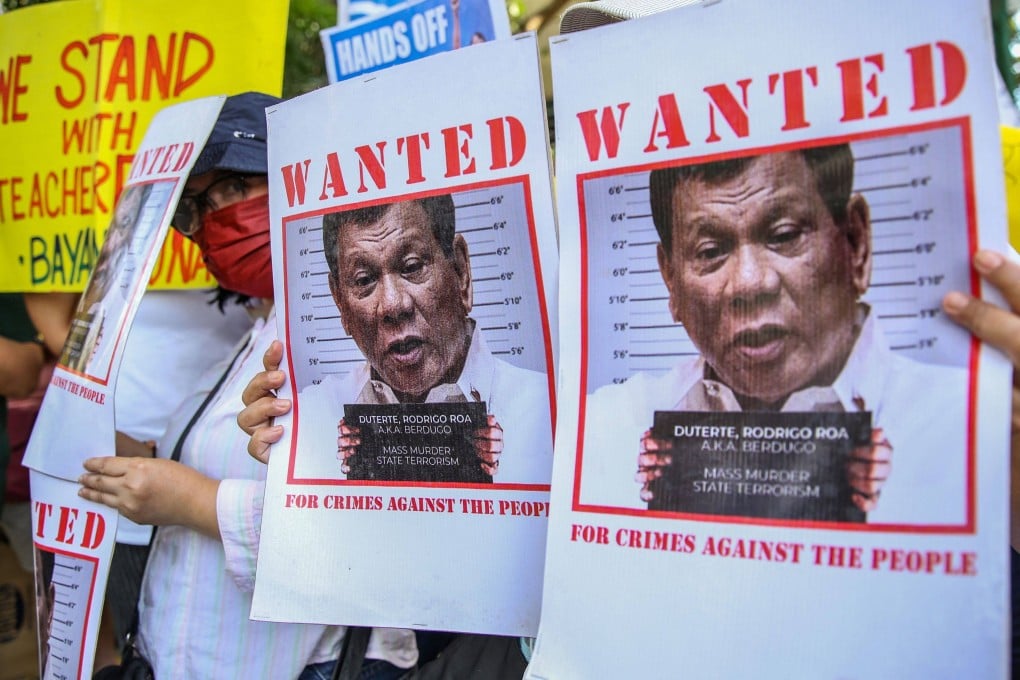Philippine justice secretary urges ICC to notify DOJ on probe into ex-leader Duterte’s drug war
- ICC investigators had not contacted the Philippines’ justice department, but it was their ‘duty’ to do so in accordance with international law
- The ICC last July sought to reopen investigations into alleged crimes against humanity committed under Duterte’s drug war

Remulla said the investigators had not contacted his department, and it was their “duty” to do so in accordance of the principles of international law.
“One of my former associate-foreigners who is a member of the ICC has been to the Philippines. So, I have confirmation that these foreigners have been conducting investigations in the country which is in violation of our constitution because we are no longer members of the ICC,” Roque said.
Remulla insisted on Monday that if the ICC believed it has a case, charges should be filed in the Philippines “because we are a country with a judicial system”, The Manila Standard reported.
The Southeast Asian nation in 2019 withdrew from the international tribunal based in The Hague after then-president Duterte questioned its authority to investigate his police-enforced crackdown on illegal drugs, in which thousands of people were killed.